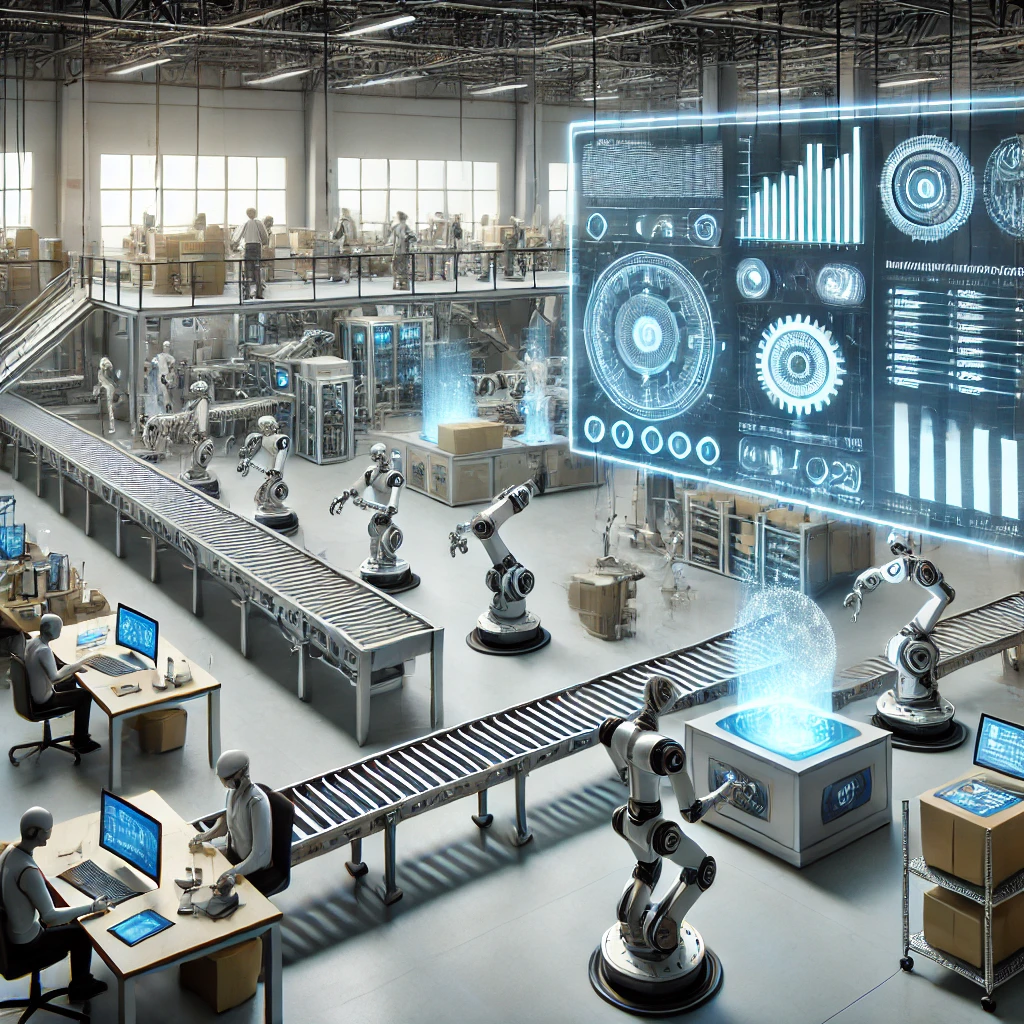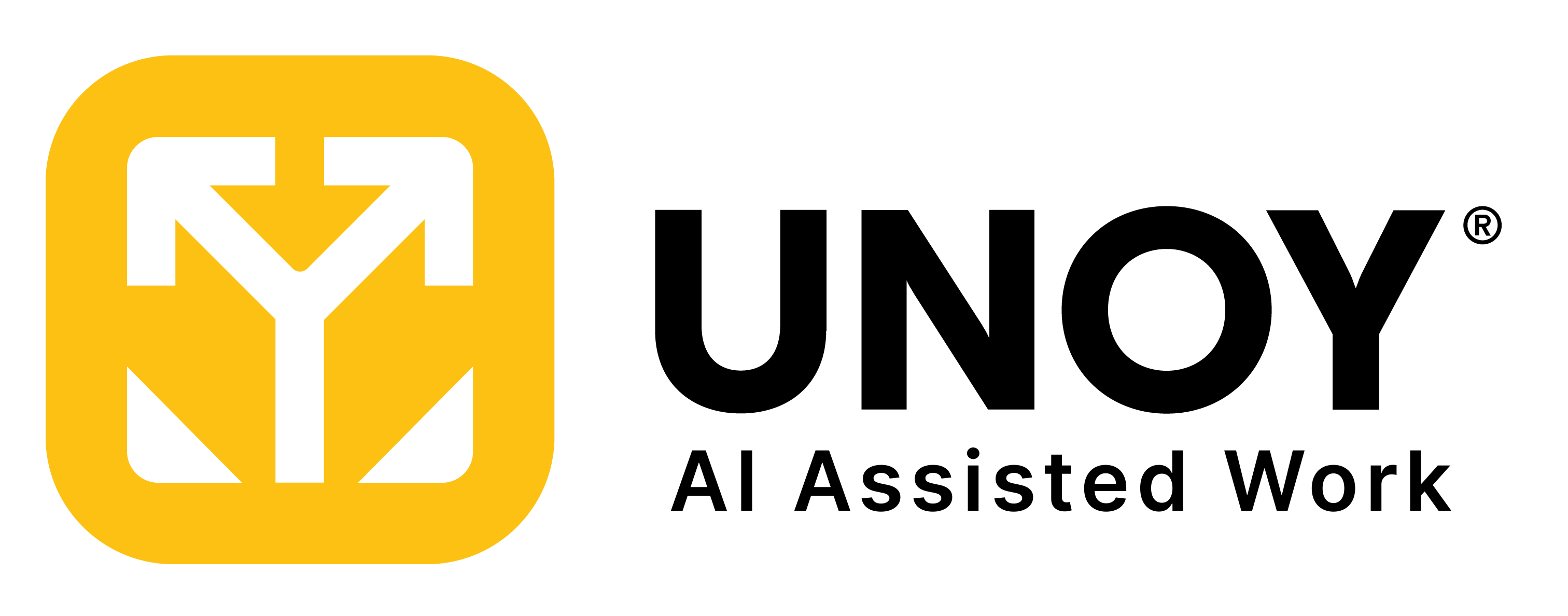Unlocking the Power of Efficiency
Automating workflows with AI is no longer a luxury—it’s a necessity for businesses looking to thrive in today’s fast-paced and competitive environment. By harnessing artificial intelligence (AI), organizations can streamline repetitive processes, enhance decision-making, and empower teams to focus on high-impact tasks. This transformation is not limited to specific industries but is reshaping workflows across sectors like healthcare, finance, retail, and beyond. In this article, we delve into how AI-powered workflow automation is revolutionizing industries, driving productivity, and redefining the way work gets done.
What Is Workflow Automation with AI?
Workflow automation with AI refers to the use of artificial intelligence technologies to perform repetitive tasks, optimize processes, and make real-time decisions with minimal human intervention. Unlike traditional automation, which relies on predefined rules, AI-driven automation adapts and learns over time, improving its efficiency and effectiveness. It brings together machine learning, natural language processing, and predictive analytics to create intelligent systems that are both dynamic and scalable.
For instance, consider an invoice processing workflow. Traditional automation might extract data based on fixed templates, but an AI system can recognize patterns, adapt to different invoice formats, and even flag anomalies. This flexibility and intelligence make AI-powered automation invaluable across a variety of applications, from finance and marketing to customer support and supply chain management.
Interested in learning more about AI technologies? Explore this comprehensive guide to artificial intelligence.
Why AI-Driven Workflow Automation Matters
As organizations grapple with increasing volumes of data and growing operational complexity, manual processes often fall short. AI-driven automation offers a solution by handling tasks at scale with speed and precision. This transformation not only boosts productivity but also reduces operational costs and minimizes errors.
Take, for example, a marketing team automating lead qualification. AI tools can analyze customer data, segment audiences, and prioritize leads based on their likelihood to convert. By doing so, the team can focus its efforts on high-value prospects, driving better results with fewer resources. To see how businesses are transforming their operations, check out these AI use cases in business.

Key Benefits of Automating Workflows with AI
1. Reducing Manual Workloads
One of the most significant advantages of AI-driven workflow automation is the elimination of repetitive manual tasks. These tasks often consume valuable time and can lead to fatigue and errors.
- Data Entry: AI can automatically extract, validate, and input data into systems, significantly reducing human error.
- Document Processing: Tools like OCR (optical character recognition) combined with AI can digitize and categorize documents efficiently.
- Customer Support: AI-powered chatbots can handle routine inquiries, freeing human agents to tackle complex issues.
By automating these processes, businesses can redirect their workforce to strategic, value-driven activities. To explore how OCR works in real-life scenarios, visit this OCR software guide.
2. Accelerating Decision-Making
AI-powered automation tools can analyze vast amounts of data in real time, delivering actionable insights that support faster and more informed decision-making.
For example, in supply chain management, AI systems can predict inventory needs based on historical data, market trends, and seasonal patterns. This allows businesses to optimize stock levels, reduce waste, and improve customer satisfaction.
To learn more about optimizing supply chains with AI, read this article on AI in supply chain management.
3. Enhancing Collaboration and Communication
Collaboration tools powered by AI streamline team interactions by automating routine tasks and providing valuable insights. Features like automated meeting scheduling, real-time transcription, and actionable summaries help teams work more efficiently.
Consider project management software integrated with AI. These platforms can prioritize tasks, send reminders, and even predict project completion times based on historical data, ensuring teams stay on track without micromanagement.
Explore the top AI tools for collaboration in this detailed AI tools for workplace collaboration guide.
How Industries Are Adopting AI Workflow Automation
Healthcare
AI is revolutionizing healthcare workflows by automating administrative processes like patient scheduling, billing, and claims processing. Clinical applications include AI-assisted diagnostics, where algorithms analyze medical images to detect anomalies with high accuracy. Learn more about the impact of AI in healthcare with this World Health Organization overview on AI in healthcare.
Finance
In the finance sector, AI streamlines processes such as fraud detection, compliance monitoring, and risk assessment. Automated systems analyze transactions in real time, flagging suspicious activities and ensuring regulatory compliance. Dive deeper into how AI is reshaping finance with this Accenture report on AI in financial services.
Retail
Retailers are using AI to optimize supply chains, personalize customer experiences, and enhance inventory management. Workflow automation tools predict demand, track shipments, and automate restocking, ensuring seamless operations. Read about real-world AI retail applications in this Harvard Business Review article.
Overcoming Challenges in AI Workflow Automation
Despite its benefits, implementing AI-driven automation comes with challenges. Ensuring data quality, addressing algorithmic biases, and managing change within organizations are critical to successful adoption.
To address these concerns, businesses must invest in robust AI governance frameworks, train employees to work alongside AI tools, and continuously monitor and refine automated workflows. The National Institute of Standards and Technology (NIST) provides valuable resources for organizations aiming to implement ethical and secure AI systems.
The Future of Workflow Automation with AI
The future of AI-powered automation promises even greater possibilities. Advances in natural language processing, machine learning, and IoT integration will enable more intuitive and context-aware systems.
- Hyper-Automation: Combining AI with robotics and advanced analytics to automate end-to-end business processes.
- Predictive Workflows: AI systems that anticipate needs and trigger actions before issues arise.
- Adaptive Learning: Continuous improvement through self-learning algorithms that adapt to evolving business environments.
Stay updated on the latest trends in AI automation with this regularly updated Gartner guide on hyper-automation.
Conclusion: Embracing AI for Smarter Workflows
AI-driven workflow automation is transforming the way businesses operate, offering unprecedented efficiency, accuracy, and scalability. By automating mundane tasks and enabling smarter decision-making, organizations can unlock their full potential and stay competitive in an ever-changing landscape. Embracing AI not only drives operational excellence but also empowers teams to innovate and focus on what matters most.
Ready to start automating your workflows? Check out this step-by-step workflow automation guide.







